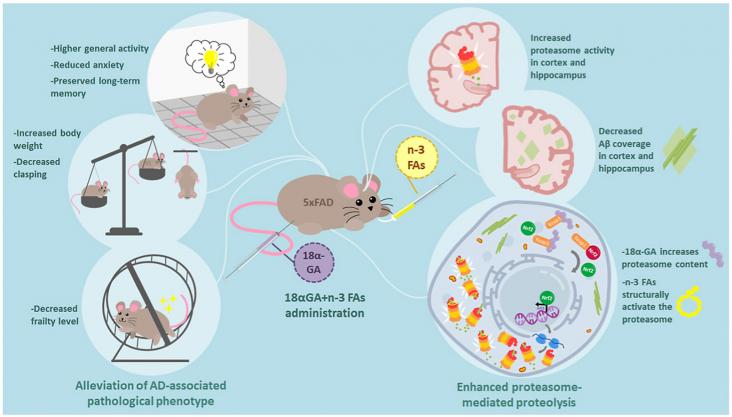Elsevier, Alzheimer’s Disease: Understanding Biomarkers, Big Data, and Therapy, Volume , 1 January 2021
In the next 30 years, Alzheimer’s disease cases are predicted to drastically increase.
The chapter provides an overview of the epidemiology, and the main etiological theories of co-occurring Alcohol Use Disorders (AUD) and Mental Health Disorders (MHD). It is hoped that this chapter can inform treatment and policies for this population.
This book chapter advances SDG3 Good Health and Wellbeing and SDG10 Reducing Inequalities by reviewing the steps needed to develop and implement a nutritional plan for patients with neurologic disorders.
Elsevier,
Biosignal Processing and Classification Using Computational Learning and Intelligence: Principles, Algorithms, and Applications, Volume , 1 January 2021
This content aligns with Goal 3: Good Health and Wellbeing as well as Goal 10: Reducing Inequalities by presenting EEG and machine learning approaches to the classification of attention deficit and hyperactivity disorders for the improvement of specificity, reducing over diagnosis and under diagnoses, thereby avoiding undesirable consequences in adulthood.
This content aligns with Goal 3: Good Health and Wellbeing as well as Goal 10: Reducing Inequalities by using the statement "The negative impact of disability should have minimal effect on a person’s quality of life" to motivate research of a wearable headpiece and electronic mechanical wheelchair unit.
This content aligns with Goal 3: Good Health and Wellbeing as well as Goal 10: Reducing Inequalities by exploring the quality of online information on neurodevelopmental disorders, eating disorders, psychotic disorders, and mood and anxiety disorders.
Elsevier,
Treatments, Mechanisms, and Adverse Reactions of Anesthetics and Analgesics, Volume , 1 January 2021
This content aligns with Goal 3: Good Health and Wellbeing and Goal 10: Reduced inequalities by showing the effectiveness of neural mobilization on pain and disability in individuals with musculoskeletal disorders.
This article ties to SDG 3. In this study, time-varying associations of pre-migration and post-migration stressors in refugees' mental health were explored. Understanding these time-varying association could help in designing tailored health promotion services at different resettlement stages and improving the efficiency of resource allocation.

Proteasome function is impaired in Alzheimer's disease (AD). Proteasome activation is followed by a decrease in amyloid-beta (Aβ) load. A reduced amount of Aβ correlates with significantly improved behavior and frailty level. Proteasome activation represents a promising intervention for alleviating AD pathology.

